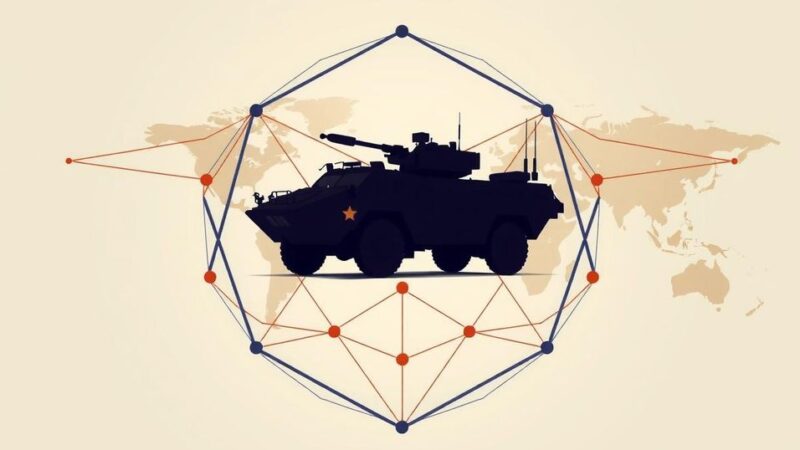Guinea-Bissau has adopted blockchain technology to improve its public sector wage management and foster fiscal transparency. Launched in May 2024, the blockchain platform enhances salary management by enabling real-time tracking and reporting of civil service wages. This initiative is expected to reduce the wage bill ratio from 84% to below the regional benchmark, addressing governance issues and improving accountability in public finances.
Guinea-Bissau, a small West African nation, has taken a remarkable step forward by adopting blockchain technology to enhance its management of public sector wages. Launched in May 2024 as part of an initiative with the International Monetary Fund (IMF) under the Extended Credit Facility (ECF), this blockchain platform aims to provide a comprehensive solution for tracking and reporting on the wages of civil servants. Developed through a collaborative effort with Ernst & Young and various financial partners over a four-year period, this initiative represents a pioneering endeavor in sub-Saharan Africa toward improved governance and fiscal transparency. IMF officials including Jose Gijon, the mission chief for Guinea-Bissau, and Concha Verdugo Yepes, the lead for the blockchain project, articulated the significance of this technological advancement. The blockchain platform offers a secure and transparent digital ledger that enables efficient monitoring of salary and pension eligibility, budgeting, payment approvals, and disbursements. This innovation not only enhances data integrity but also facilitates timely and accurate fiscal reporting, crucial for policymakers and the public alike. The operation of this platform relies on an immutable virtual ledger that captures real-time transaction details, ensuring that any discrepancies in salary information are identified and flagged. While the current system does not integrate AI technologies, it possesses the data necessary to inform future AI predictive models that could enhance decision-making by estimating erroneous payments. From a broader perspective, the implementation of this blockchain solution is vital for improving fiscal stability within Guinea-Bissau. The country previously had a wage bill that accounted for 84 percent of tax revenues. Recent figures indicate that this ratio has decreased to 50 percent, although it still surpasses the regional standard of 35 percent. By promoting fiscal transparency, increasing accountability, and potentially curbing public corruption, this initiative aims to foster trust in government financial institutions and streamline operations by automating salary management processes.
Guinea-Bissau’s initiative to adopt blockchain technology is a part of its broader strategy to address governance challenges and promote fiscal stability, especially in the public sector’s management of wages. The country’s collaboration with the IMF signifies a concerted effort to secure financial health and transparent governance amidst economic difficulties. The significance of this project lies in its role in potentially transforming public sector employment management through advanced technology, thereby setting a precedent for similar initiatives across Africa.
In summary, Guinea-Bissau’s integration of blockchain technology marks a transformative endeavor toward enhancing fiscal transparency and governance within its public sector. As the country continues to evolve this initiative, it holds the promise of promoting accountability, efficient management of public wages, and the reduction of corruption, thereby strengthening the trust of citizens in government institutions and processes. This technological advancement underscores the importance of international cooperation and strategic partnerships in achieving sustainable economic progress.
Original Source: www.imf.org







